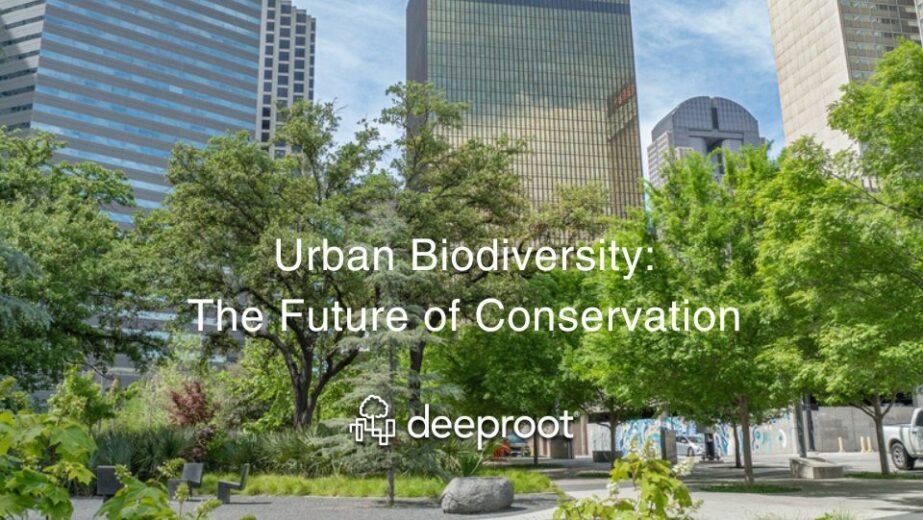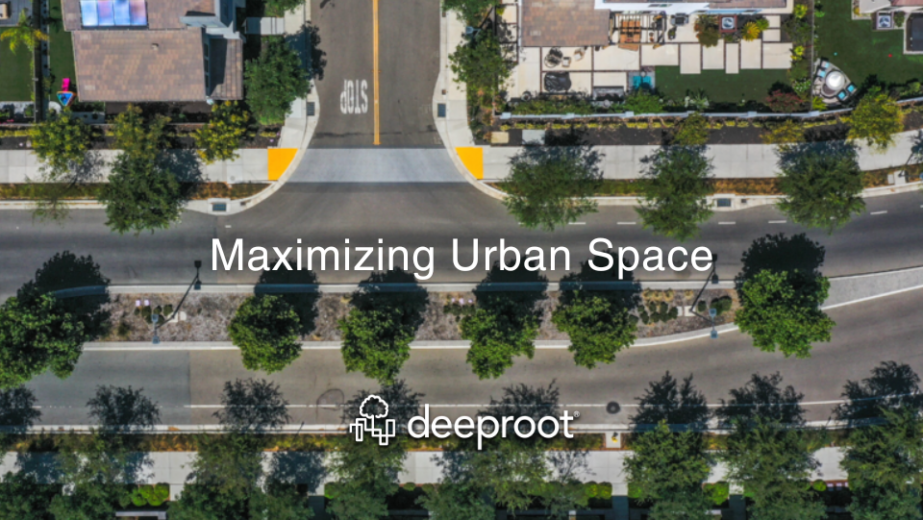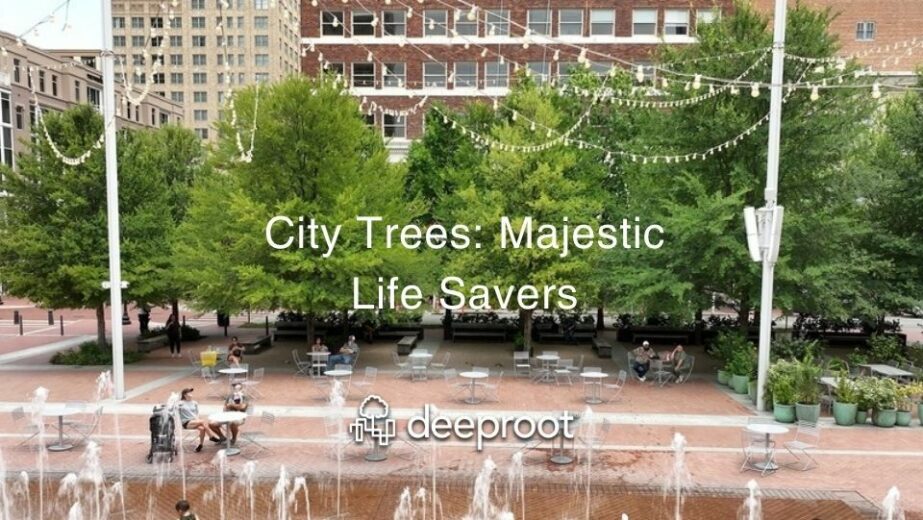I have a hard time thinking of too many people who would disagree that there is a joyful calmness to a forested path, a nature preserve, or a hillside of fall foliage. These scenes all have powerful visual and psychological impacts that make us feel more synchronous with the earth and… well, grounded. The trees in these settings are gorgeous and green and truly majestic. They are easy to love.
But what about street trees in urban environments? They live in an ocean of concrete. Many of them are undersized and struggling. They don’t deliver your groceries or make it easier to find a parking spot — what makes people care about them?
James Gorman’s 2004 study, “Residents’ Opinions on the Value of Street Trees Depending on Tree Location” examines the issue to provide insight in to citizen attitudes about street trees.
I can related to the question is exploring on a personal level. While I now notice trees wherever I go and think about their health all the time, that wasn’t always the case. Sure, I always cared about street trees in the sense that I like nature and living things. I didn’t want them to die. But that was about it.
Gorman’s research objective was to determine if the presence of a tree outside someone’s home affected their overall opinion on the value of street trees. Using a structured questionnaire format, 676 residents of State College, PA contributed their thoughts on both the benefits and annoyances of street trees. Gorman et al then analyzed their responses.
The questionnaire contained a list of 11 possible benefits and 11 possible annoyances, and participants were asked to rate each item as either of no benefit, little benefit, moderate benefit, or great benefit (the annoyances had a similar rating scale). Participants were also asked to rate how important street trees were in State College, as well as to complete a number of follow-up questions.
The results of the survey indicated that citizen support for street trees in State College was “exceedingly strong.” 92.8% of respondents with street trees directly in front of their homes states that street trees were of “great importance”; only 85.8% of respondents without a street tree in front of their homes gave the same answer. While this may not seem like a big difference to you and me, it is statistically significant. In sum, having access to street trees outside your residence seems to make you likelier to value them.
Gorman explains that there are other factors that may contribute to the “exceedingly strong positive response” that he measured, and that we shouldn’t assume that the results of this study would necessarily hold up elsewhere. Nevertheless, it’s a very interesting initial finding. Is planting more of them (say, a million or so?) enough to get more people caring about street trees because they will theoretically be ubiquitous? Could just having greater access to trees, even though we know we aren’t always planting them with an eye to their long term success, strengthen the public attachment to the urban forest and related initiatives? Perhaps. Gorman’s study didn’t delve in to the size, health or maturity of the State College trees, so it’s hard for us to know. We can only speculate.
We have very mixed feelings about substance of the Million Tree initiatives that are going around. Although we’re thrilled by the prospect of seeing more street trees, they have thus far all valued quantity of trees over quality of planting. The maintenance costs may not have even been part of the consideration. Still, these initiatives seem to be going forward. While we’ll continue to push for thoughtful planting techniques over planting for planting’s sake, if such initiatives do lead to an increase in the citizen valuation of street trees that would certainly be a positive outcome.
Image: AmyFry2000





Leave Your Comment